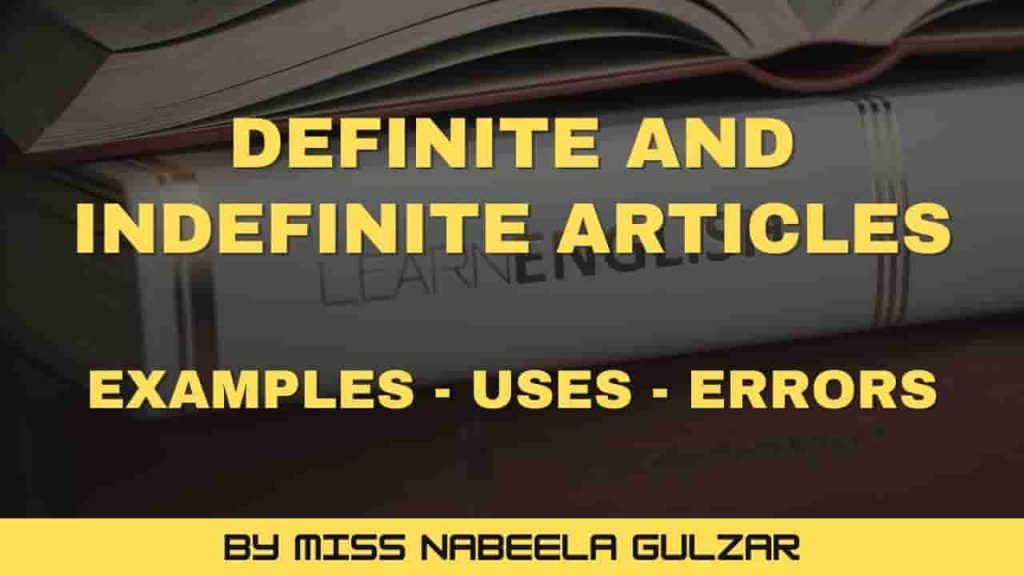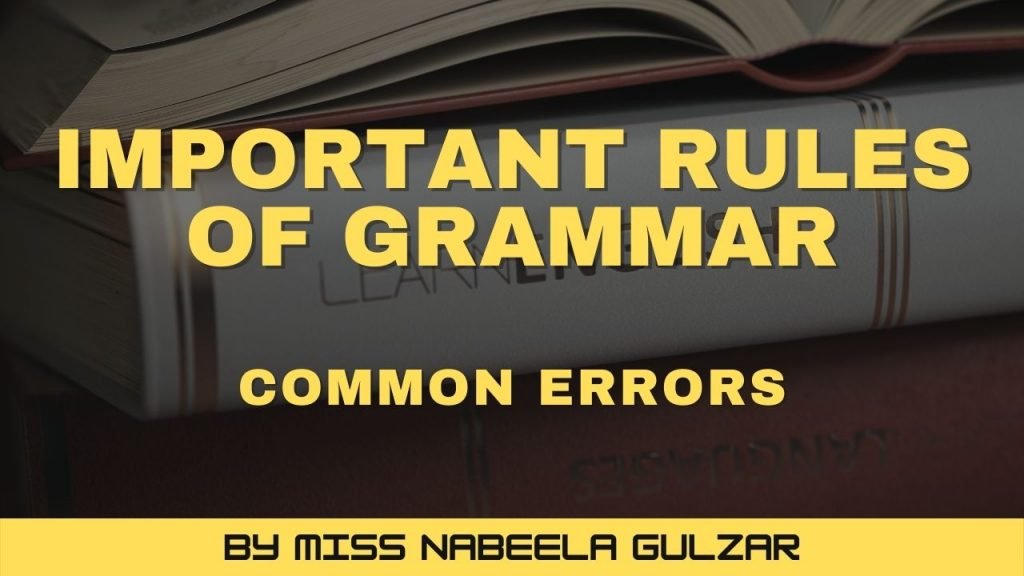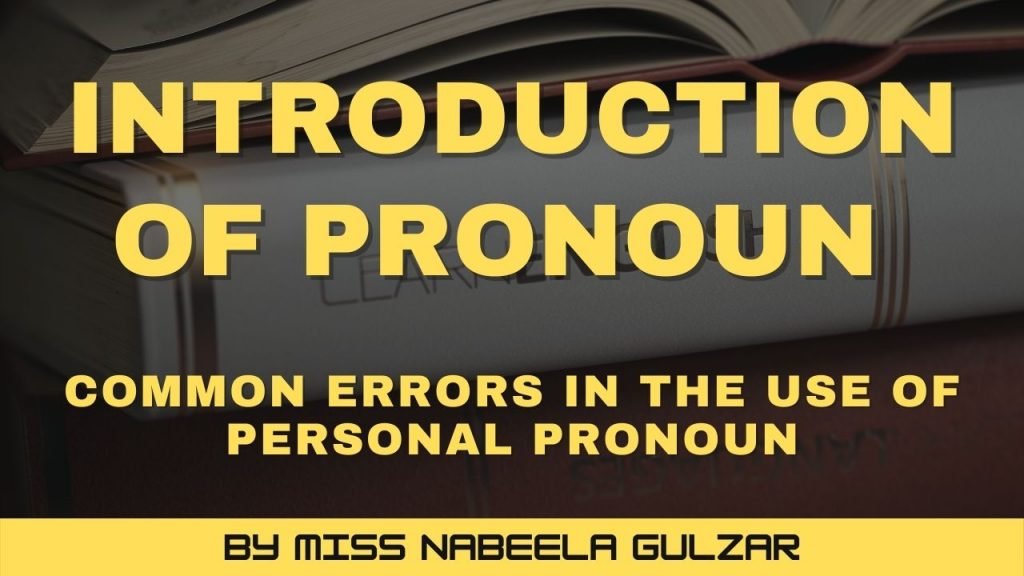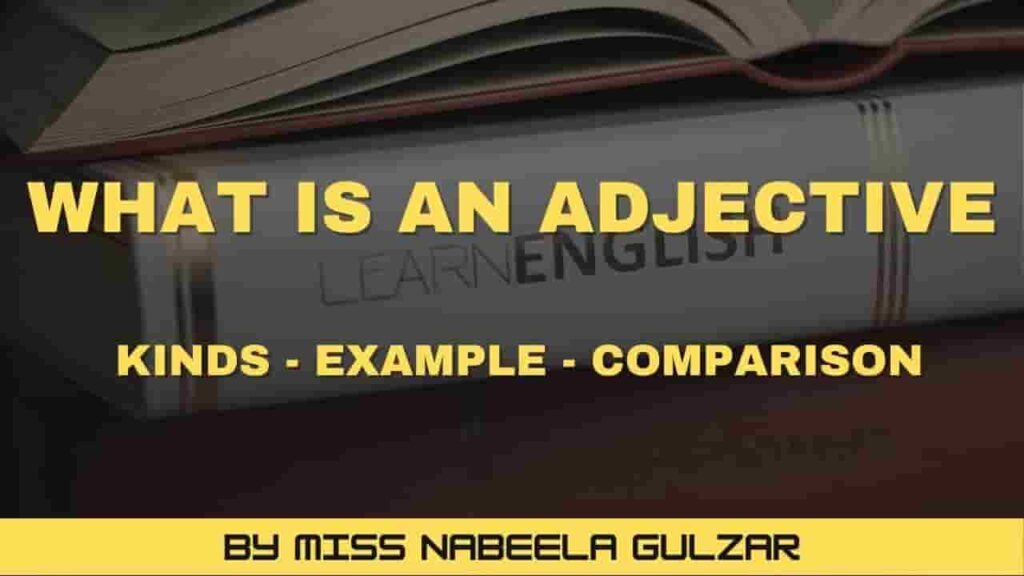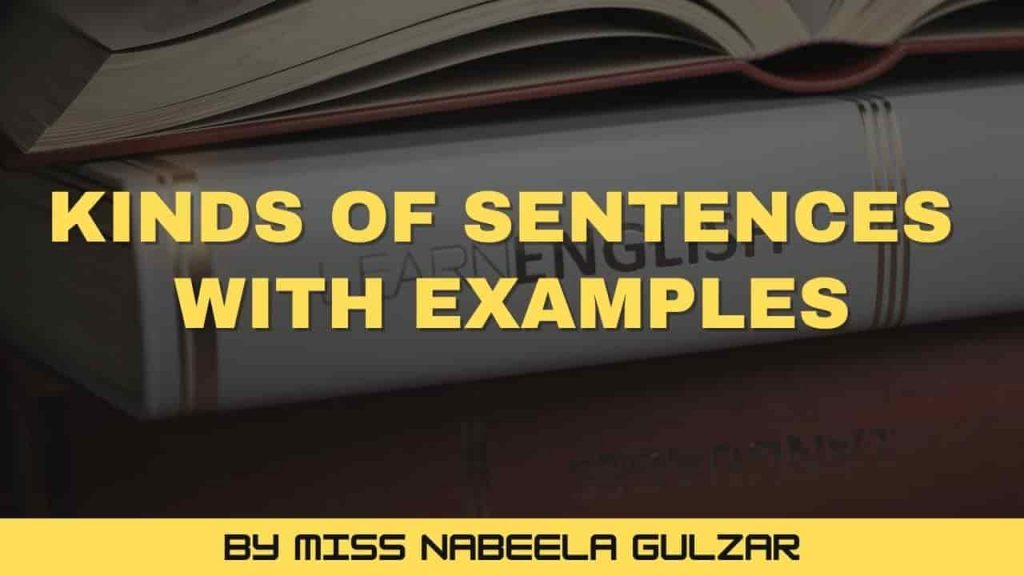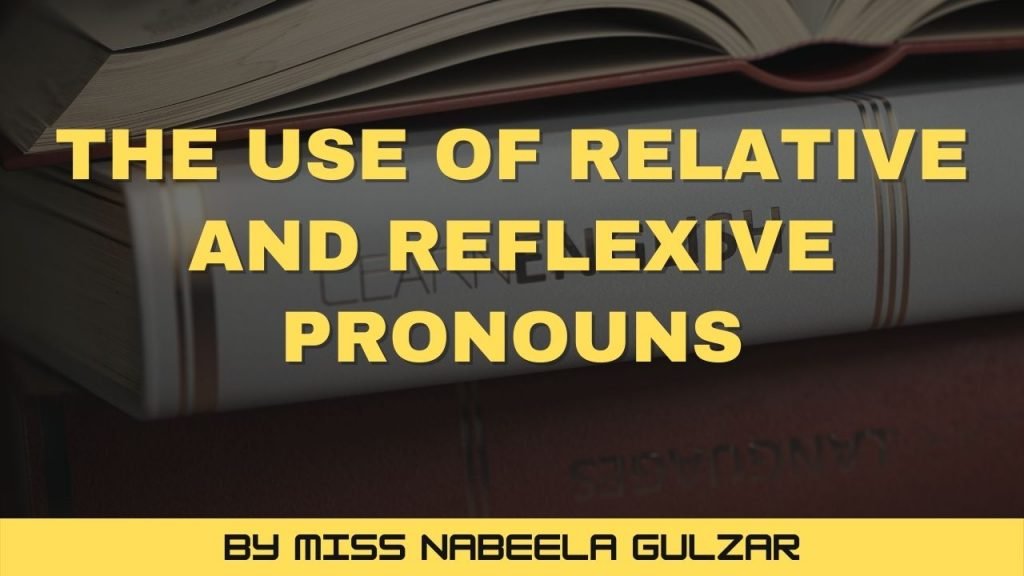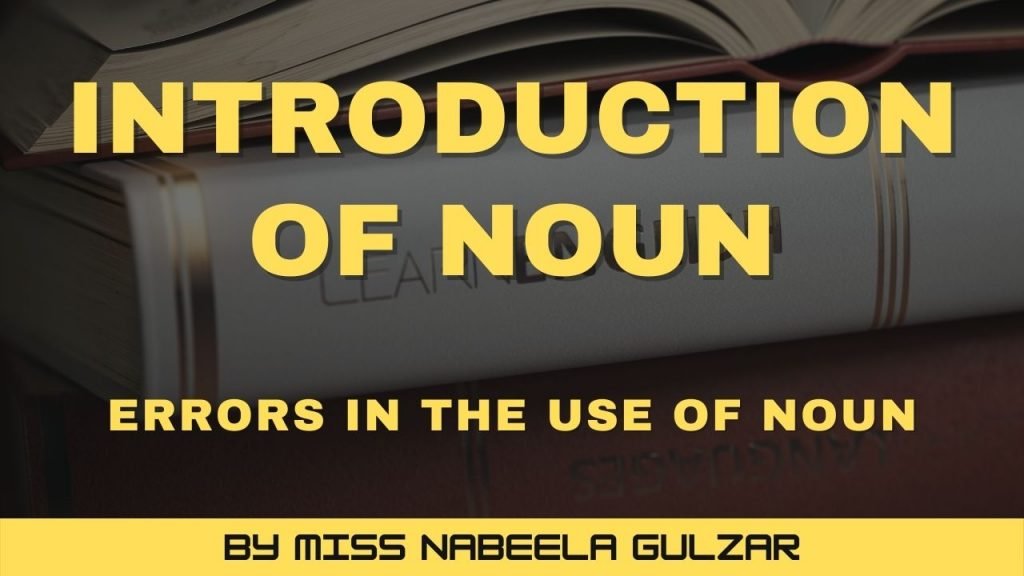Definite and Indefinite Articles
Definition: A word that indicates the generalization or specification of a noun is called an article. There are three articles a, an, and the.
Kinds of Articles
There are two kinds of articles.
- Indefinite articles: “a”and “an”
- Definite article: “the”
Indefinite Articles A and An:
A or AN: Only for singular numbers but for all genders.
Its choice between A or An is determined by sound. A is used before a word beginning with a consonant sound and An is used before a word beginning with a vowel sound.
Vowel sound: (a.e.i.o.u)
A before consonant sound:
A boy, a lion, a student, a mango, a bag, a cat, a woman, a chair, a horse, a tree.
An before Vowel sound:
An apple, an ant, an elephant, an inkpot, an idiot, an arm, an egg, an ear, an eye, an orange.
Special Use
A before vowel sounding “yu” “wa”
A European, a Union, a University, a useful book, a unique scene, a one rupee note, a one eye deer.
An before consonant sounding as vowel:
an hour(h silent), an honest man (h silent), an M.A(a sound in start), an M.P, an L.L.B, an S.D.O.
Note: A will be used in place of An h sounding as “haw”e.g.a hotel, a servant, a historical book.
The Use of Indefinite Article A and An
- Use A and An with countable nouns.
Examples:
A table, A car, A man, etc.
- Don’t use A and An on the basis of vowel and consonant sounds. First read the word if its initial sound is /a/ then use An with it otherwise just use A.
Examples:
An hour (beginning sound is /a/)
An M.A (beginning sound is /a/)
The use of A or An:
1. An is used to indicate units.
Examples:
- An ounce is enough.
- One hundred centimetres make a meter.
2. An is used in the sense of one like (To make a common Noun or proper Noun)
Examples:
- He thinks he is an Allama Iqbal.
- He seems to be a Pakistani.
- A Daniel has come to judgement.
3. A or An is used in the sense of the same.
Example:
- Birds of a feather flock together.
4. A or An is used to denote profession, trade or class.
Examples:
- He is a businessman.
- He is an engineer.
- He is a lawyer.
5. A is used before dozens, hundred, thousand, millions.
Examples:
- Here are a dozen bananas.
- A hundred boys came out from school.
6. A or An is used in the sense of each or per.
Examples:
- He earns one thousand rupees a month.
- He drives the car at 50 kilometres an hour.
7. A or An (also The) is used to indicate a class as a whole.
Example:
- A (The) cow has horns(i.e.all cows have horns)
8. A or An is used before some words and phrases.
Examples:
- I have a headache.
- I am in a hurry.
- He had a bad cold.
- She had a cough.
- They take an interest in this.
9. A or An is used in an Exclamatory sentence beginning with what.
Examples:
- What a pity!
- What a pretty girl!
- What a nice bird is it!
10. A (and not The) is used before the superlative most when it means “very”
Examples:
- He saw a most wonderful sight.
- This is a most interesting story.
11. A and An is used before few, little, lot of, good deal, great many, good, many, sometimes after many.
Examples:
- Here are a lot of books.
- A great many soldiers entered the field.
- Many a flower is born to blush unseen.
The Definite Article: The
1. The is used before the noun of which there is only one.
Such as.
The earth, The moon, The sky, The North Pole, The weather,
2. Before a noun becomes definite as a result of being mentioned a second time.
Example:
I saw a Policeman. The Policeman was very disturbed.
3. Before a singular noun was used to represent a class of objects.
Examples:
- The dog is a faithful animal.
- The lion is a noble beast
Note: Exceptions in this rule. Man and Woman are not included in this rule.
Such as:
- Man is mortal.
4. Before an adjective is used to represent a class of persons.
Such as:
The poor, The dead
5. “”The” is used before the superlative Degree.
As:
- He is the fattest boy of the class.
6. Sometimes “The” is used before the comparative degree of adjective.
Examples:
- The more, The merrier.
- The higher you go, the cooler it is.
7. “The” is used before the following proper nouns.
i. Before the name of famous rivers.
Examples:
The Indus, The Jhelum
ii. Before the name of a famous range of mountains, peaks, groups of islands, capes, and seas.
Such as:
The Himalayas, The Alps, The Khyber pass, The Atlantic Ocean, etc.
Note: ‘The’ is not placed before the names of a single mountain, single island, nor before the names of capes, nor before the names of lakes. Mount Everest, Mount Abu, Sicily, Java (Names of single Islands) (Nesfield).
iii. Before the name of deserts.
Such as:
The Sahara, The Gobi
iv. Before the holy books and classical books.
Such as:
The Holy Quran, The Bible, The Merchant of Venice.
v. Before the name of musical instruments when they are in use otherwise don’t use ‘the’.
Such as:
The flute, The piano, the xylophone, etc.
Example:
- He plays the flute.(But he has a flute)
vi. Before the names of newspapers.
Such as:
The Newspaper, The Nation, etc.
vii. Before the names of nations.
Examples:
The Muslims, The Hindus, etc.
viii. Before the names of trains, ships, airplanes.
Examples:
The Tezgam, The Shaheen Express.
ix. Before all historical events.
Examples:
The first World War, The French Revolution, etc.
x. Before the names of directions.
Examples:
The South, The North, etc.
xi. Before nouns that indicate professions.
Examples:
- He joined the Bar.
- He joined the Church.
xii. Before ordinal numbers.
Examples:
- Who is the first and the second boy?
- The 6th feb is a red letter day.
xiii. Before the name of roads, but not streets.
xiv. Before the names of families.
Examples:
The Browns, The Jones, etc
Zero Article: Omission of the Articles
A, An The are not used:
1. Before proper nouns.
Examples:
The Lahore ✖️, The Asim ✖️
Note: when the article is used before a Proper Noun. It becomes a Common Noun.
Example:
- A Newton cannot be a Milton.
Some Exceptions to this Rule
Use ‘The’ before the names of the following countries and cities.
The U.S.A, The Congo, The Sudan, The U.S SR
2. Before Material Nouns.
The gold ✖️, The wheat ✖️, etc.
Note: ‘The’ is used before a material noun, when it is specified.
Example:
- The cotton of Egypt is very fine.
3. Before the names of diseases.
The cholera ✖️, The heart attack ✖️, The fever ✖️, etc.
4. Before abstract nouns.
The happiness ✖️, The honesty ✖️, The wisdom ✖️, etc.
Note: But we use ‘the’ before abstract nouns, when they are specified.
Example:
- The courage of Hazrat Ali is well known.
5. Before the names of days and months.
The Sunday ✖️, The April ✖️, etc.
6. Before universal nouns.
The Heaven ✖️, The Hell ✖️, The God ✖️, etc.
7. Before man and woman in the sense of mankind.
Example:
- Man and woman should go side by side.
8. Before the names of games and meals.
The cricket ✖️, the hockey ✖️, etc.
The breakfast ✖️, the dinner ✖️, etc.
9. Before the names of seasons and festivals.
The summer ✖️, The Winter ✖️, etc.
The Eid ✖️, The Holi ✖️ etc.
10. Before the names of squares, buildings, the parks and the streets.
The Rustam Park. ✖️
The college street. ✖️
Some Common Pitfalls in use of Articles
Rule No 1:
When some noun indicates persons or things, it will take ‘the’ before them.
But if the noun does not refer to specific objects and persons but to the whole group it will not take ‘the’ before them.
Example:
- The girls are more hardworking than the boys. (incorrect)
- Girls are more hardworking than boys. (correct)
Note: In the above sentence the comparison is on the basis of the group. So the article is not used there.
Rule No 2:
If there is of after the comparative degree of the adjective, use ‘The’ before it.
Example:
- This is more interesting of the two books. (incorrect)
- This is the more interesting of the two books. (correct)
Rule No 3:
Don’t change the idiomatic sentence.
Example:
- Hamid is a man of a few words. (incorrect)
- Hamid is a man of few words. (correct)
Rule No 4:
Use an article ‘a’ with ‘Noise’
Example:
- Do not make noise. (incorrect)
- Do not make a noise. (correct)
Rule No 5:
Do not use articles A and An with uncountable nouns.
Example:
- I have a work to do. (Incorrect)
- I have work to do. (Correct)
- He gave me an advice. (Incorrect)
- He gave me advice. (Correct)
- He has got an unemployment. (Incorrect)
- He has got employment. (Correct)
Rule No 6:
“To make mention” is a correct idiom, don’t use articles in it.
Example:
- He made a mention of me during the discussion. (Incorrect)
- He made mention of me during the discussion. (Correct)
Rule No 7:
If any of the body part’s name is followed by ‘By’ use article ‘the’ before it.
Example:
- He caught me by neck. (Incorrect)
- He caught me by the neck. (Correct)
By the leg, By the ear, By the neck.
Rule No 8:
Use an article ‘The’ before natural scenes.
Example:
- Night follows day. (Incorrect)
- The night follows the day. (Correct)
Rule No 9:
If there are two adjectives in a sentence use the article ‘the’ before the first one.
Example:
- You should read the fourth and the ninth chapters of the book. (Incorrect)
- You should read the fourth and ninth chapters of the book. (Correct)
Rule No 10:
Headache is used as a countable noun so use the article ‘a’ with it.
Example:
- He has got headache. (Incorrect)
- He has got a headache. (Correct)
Rule No 11:
If ‘singing’ is used in a specific meaning then use the article ‘The’ before it.
Example:
- Singing of that man was very good. (Incorrect)
- The singing of that man was very good. (Correct)
Rule No 12:
The best use of the idiom is ‘in trouble’. Don’t use any articles with it.
Example:
- My friend is in a trouble. (Incorrect)
- My friend is in trouble. (Correct)
Rule No 13:
The correct idiom is ‘in the wrong’.
Example:
- You are in wrong. (Incorrect)
- You are in the wrong. (correct)
Hopefully, your concept about Definite and Indefinite Articles is clear now, This lecture is part of the whole series of English Grammar by Miss Nabila Gulzar, For Other Lectures Click Here also We have an Essay on every topic, Check the complete list here. If you are Studying in Matric Free Video Lectures of Maths, Physics and English are here, and we have got you covered for I.COM Business Maths also.

